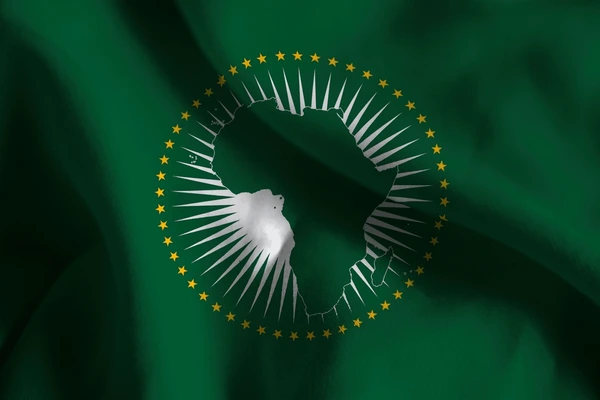National anthems are more than just songs; they are a profound expression of a nation’s history, culture, and aspirations. They encapsulate the essence of a country’s identity and are often a source of pride and unity for its people.
Recently, Nigeria became the centre of a heated public debate as it reverted to its original national anthem, “Nigeria, We Hail Thee,” replacing “Arise, O Compatriots,” which had been in use since 1978.
On Wednesday, May 29, 2024, President Bola Tinubu signed the National Anthem Bill 2024 into law, officially reinstating the anthem first adopted in October 1960.

The decision to switch back to “Nigeria, We Hail Thee,” signed by President Tinubu, has sparked a blend of nostalgia and controversy among Nigerians
This move is not unprecedented, as several African countries have revised their national anthems over the years to better reflect their evolving identities.
Here are seven African countries that have made similar changes.
South Africa
South Africa’s national anthem, “Nkosi Sikelel’ iAfrika,” underwent significant changes post-apartheid. Originally composed in 1897 as a hymn, it was adopted by the anti-apartheid movements. After apartheid ended, the anthem was combined with parts of the previous national anthem, “Die Stem van Suid-Afrika,” to reflect the country’s diversity
Ghana

Ghana’s anthem, “God Bless Our Homeland Ghana,” was adopted in 1957, when the country gained independence from British colonial rule. The anthem was composed by Philip Gbeho, with lyrics reflecting the country’s newfound freedom and aspirations.
Zimbabwe
Zimbabwe’s anthem, “Blessed be the Land of Zimbabwe,” was adopted in 1994, replacing “Ishe Komborera Africa.” The change was part of a broader effort to forge a unique national identity distinct from the colonial past and the regional influences of the former anthem.
Rwanda
Rwanda changed its national anthem in 2001 from “Rwanda Rwacu” to “Rwanda Nziza.” The new anthem was introduced to reflect the country’s post-genocide commitment to unity, reconciliation, and progress.
Congo
The Democratic Republic of Congo adopted “Arise Congolese” as its national anthem in 1960 after gaining independence from Belgium. In 1971, when the country was renamed Zaire, the anthem was changed to “La Zaïroise.” However, following the overthrow of Mobutu Sese Seko’s government in 1997, the country reverted to its original anthem, “Arise Congolese.”
Namibia
Before gaining independence from South Africa, Namibia used South Africa’s anthem, “Die Stem van Suid-Afrika,” as its official national anthem. However, after gaining independence, Namibia adopted “Namibia, Land of the Brave” to reflect its national sovereignty and pride.
Libya
In 1969, Muammar Gaddafi replaced Libya’s anthem, “Libya, Libya, Libya,” with “Allahu Akbar” in an effort to unite Arab countries in Africa and Asia. However, following the Libyan civil war and Gaddafi’s death in October 2011, the National Transitional Council re-adopted “Libya, Libya, Libya” as the country’s national anthem.
ALSO READ THESE TOP STORIES FROM NIGERIAN TRIBUNE







